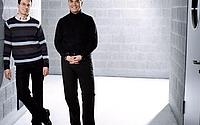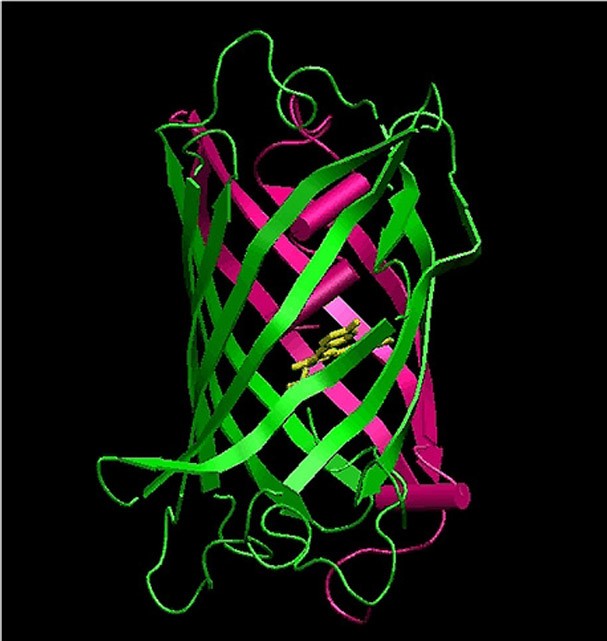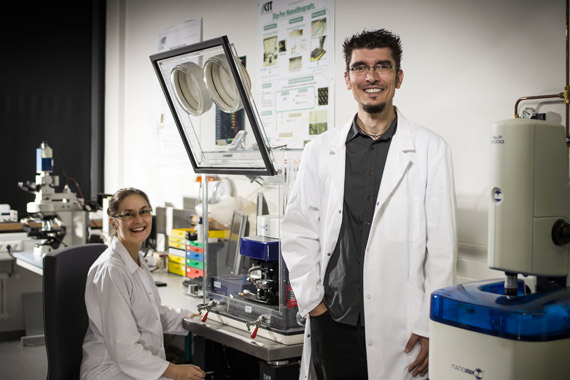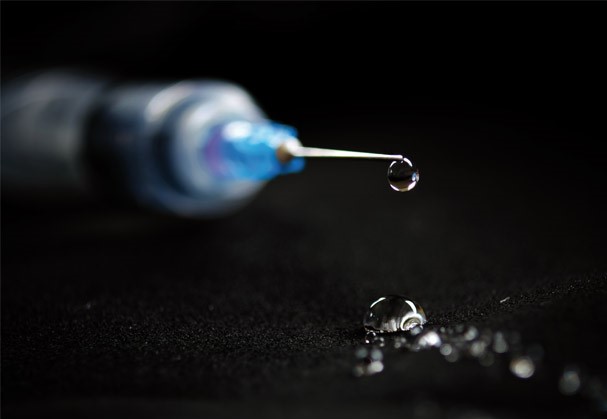- Climate, Environment & Health
- Materials
- Production
REVOLUTION IN A DUET

Cell and gene screening form the cornerstone for the development of new therapies and drugs. As yet, only a few laboratories and large pharmaceutical companies can perform the analyses. The reason: the number of experiments that can be performed in parallel is severely limited to 384. "The duration for several thousand experiments can be reduced from several days to a few hours by our new biochip. And complex, expensive robotics are no longer necessary for this," says Urban Liebel. The two researchers' vision is to use their CellArray biochip to make complex genome research so cheap and simple that it is accessible to all research laboratories. Their biochip could be used by researchers without restriction to provide novel, more targeted approaches for disease therapy.
Cellular genetic research uses so-called 'microplates' of a standardized size, on which 384 reaction combs are separated by walls. Levkin explains how the physical boundaries could disappear: "We don't need walls between the reaction chambers. As a result, we can now perform 50,000 experiments simultaneously in exactly the same space. Each experiment takes place in a single square reaction chamber, which in our case is only as narrow as five adjacent hairs."
Levkin and Liebel's invention is based on creating a grid pattern of hydrophobic and hydrophilic components on a glass plate coated with a special polymer film. This creates many tiny reaction chambers with no visible profile that very precisely delineate the water-containing samples from each other.
Years ago, Urban Liebel had already worked on approaches to analyze a complete human genome on a chip and he knew the limits of microplate miniaturization. He recognized the potential of Levkin's chemical patterns to radically speed up and simplify biological experiments.
The meeting of both has not only scientific consequences, but also entrepreneurial ones: With the support of KIT, Levkin and Liebel are currently founding a company that will develop the technology to series maturity and bring it to market.
Further Links
Pictures: KIT



